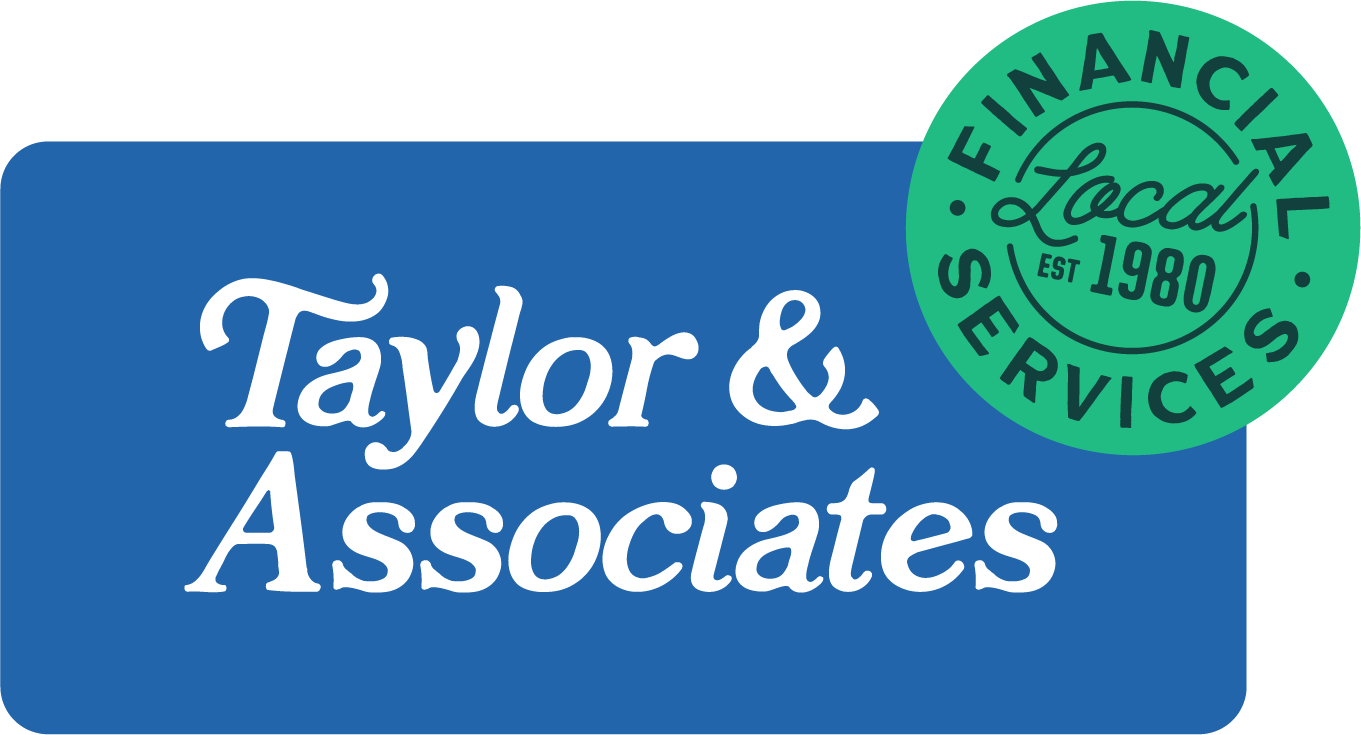Building your online presence takes time, effort, and money.
While we all love the creative process, managing the financial side can be daunting, especially when tax season rolls around.
But here’s the good news: understanding deductible expenses can significantly reduce your tax burden and free up more funds to invest back into your passion.
This guide breaks down key deductions specifically for content creators, to help you maximize your tax savings.
But it also highlights some risky moves that could land you in hot water with the IRS. Let’s dig in!
Deductible Expenses: Your Creator Toolkit
1. Home Office Deduction
Got a dedicated space in your home exclusively for creating content? You’re in luck! The IRS allows you to deduct a portion of your housing expenses. You can choose between two methods:
- Regular Method: This involves calculating the percentage of your home used for business based on square footage and then allocating expenses accordingly (e.g., mortgage interest, rent, utilities, insurance, repairs).
- Simplified Method: This offers a prescribed rate per square foot ($5), up to 300 square feet, making calculations easier.
For detailed guidance on the home office deduction, refer to IRS Publication 587, Business Use of Your Home.
2. Equipment & Supplies
Investing in your craft is essential for creating high-quality content, and the IRS allows you to deduct the cost of equipment and supplies. This includes:
- Cameras, lenses, microphones, lighting, tripods, computers, software – the essential tools of your trade.
- Depreciation: For big-ticket items like computers and cameras, you’ll need to depreciate the cost over their useful life. This means deducting a portion of the cost each year. IRS Publication 946, How to Depreciate Property, provides comprehensive information on depreciation.
- Section 179 Deduction and Bonus Depreciation: These options allow you to deduct a larger portion or even the full cost of qualifying equipment in the year you purchase it, potentially accelerating your tax savings. Consult with a tax professional to determine if these options are beneficial for your situation.
3. Internet & Phone
In today’s digital world, reliable internet and phone service are essential for content creators.
- Business Portion: You can deduct the portion of your internet and phone expenses that are directly related to your business. A simple log or time-tracking app can help you justify the percentage used for business.
- Separate Business Line: If you have a dedicated business phone line, it’s fully deductible.
4. Advertising & Marketing
Getting your content seen by your target audience is crucial, and marketing and advertising play a key role. Deductible expenses in this category include:
- Social Media Advertising: Boost your reach and engagement with paid ads on platforms like Facebook, Instagram, YouTube, and TikTok.
- Website Hosting and Domain Registration: Maintain your online presence with a professional website.
- Influencer Collaborations: Partnering with other creators can expand your reach and introduce you to new audiences.
Keep meticulous records of all your marketing and advertising expenses, including invoices, contracts, and payment confirmations.
5. Travel
The IRS allows you to deduct travel expenses that are “ordinary and necessary” for your content creation business. This includes:
- Conferences and Workshops: Industry events like FinCon, TravelCon, Podcast Movement, or niche-specific workshops offer valuable learning and networking opportunities.
- On-Location Shoots: If your content requires filming in various locations, you can deduct travel expenses associated with those shoots.
Remember to keep detailed records of your travel, including itineraries, receipts for transportation and lodging, and documentation of the business purpose of your trip. Also, keep in mind the 50% meal deduction rule for business meals while traveling. IRS Publication 463, Travel, Entertainment, Gift, and Car Expenses, covers these deductions in detail.

6. Professional Services
As your content creation business grows, you might need to enlist the help of professionals. Deductible fees in this category include:
- Accountants and Tax Professionals: Expert guidance on tax planning, bookkeeping, and ensuring compliance with tax laws.
- Legal Counsel: Protect your intellectual property, navigate contracts, and ensure your business operates legally.
- Consultants: Seek advice on business strategy, marketing, or other areas where you need specialized expertise.
- Virtual Assistants: Delegate administrative tasks, email management, and other support functions.
Always obtain invoices detailing the services provided and retain them for your records.
7. Education & Training
Continuously learning and improving your skills is essential for staying ahead in the competitive world of content creation. You can deduct expenses for:
- Courses, Workshops, and Seminars: Enhance your existing content creation abilities with targeted training.
- Online Courses: Platforms like Skillshare, Udemy, and Masterclass offer a wealth of knowledge to help you level up your skills.
Keep records of your expenses and course details to support your deductions.
8. Content Creation Expenses
This is a broad category that encompasses various expenses directly tied to your content creation activities.
- Props, Costumes, Set Design: Create visually appealing content with props, costumes and other clothing, and set design elements.
- Software Subscriptions: Utilize software for editing, graphic design, animation, or other content creation needs.
- Stock Photos and Music: Enhance your content with licensed stock photos, videos, and music.
Detailed records are crucial for substantiating these deductions, so keep receipts and invoices for all purchases.
9. Website Expenses
Your website is your online home, and maintaining it requires ongoing investment. Deductible website expenses include:
- Domain Registration and Hosting Fees
- Themes, Plugins, and Design Fees
- Website Maintenance Costs
10. Office Supplies
Don’t overlook the little things! Everyday office supplies are also deductible, including:
- Stationery, printer ink, pens, paper
Keep receipts for all your office supply purchases, especially for larger items.
Bonus Tip:
A business credit/debit card is your best friend for expense tracking and can even help build business credit. In most cases, the rewards you earn are tax-free!
The Bottom Line
Accuracy and documentation are paramount when it comes to tax deductions.
If a deduction seems too good to be true, it probably is.
Consulting a qualified tax professional is an invaluable investment. They can help you navigate the complexities of tax law, including areas touched upon by cases like Welch v. Helvering (regarding “ordinary and necessary” expenses) and others. They can ensure you’re taking legitimate deductions and keep you out of trouble with the IRS.
Disclaimer:
- Do not rely solely on this blog post for tax advice. IRS rules are complex and can change. Always refer to the official IRS guidelines for the most accurate and up-to-date information.
- The cases mentioned are for research purposes only and should not be considered legal advice. Your specific situation requires personalized professional guidance.
By understanding the tax deductions available to you, implementing sound financial practices, and seeking professional advice, you can optimize your tax savings, keep more of your creator cash, and focus on what you do best: creating amazing content!
These tips are a starting point, but your situation is unique—make sure you’re getting the advice that’s right for you. Book a discovery call with us today.
